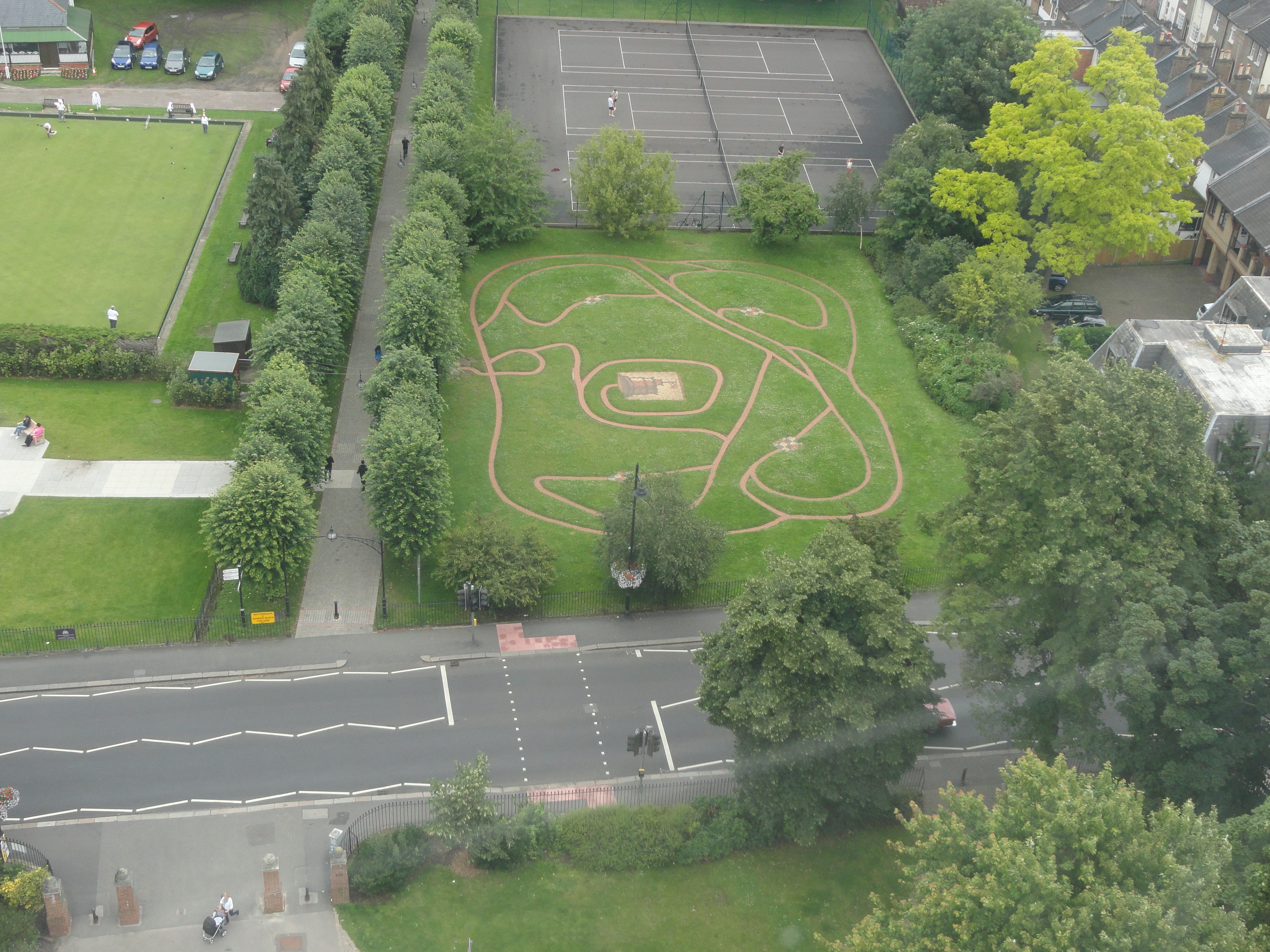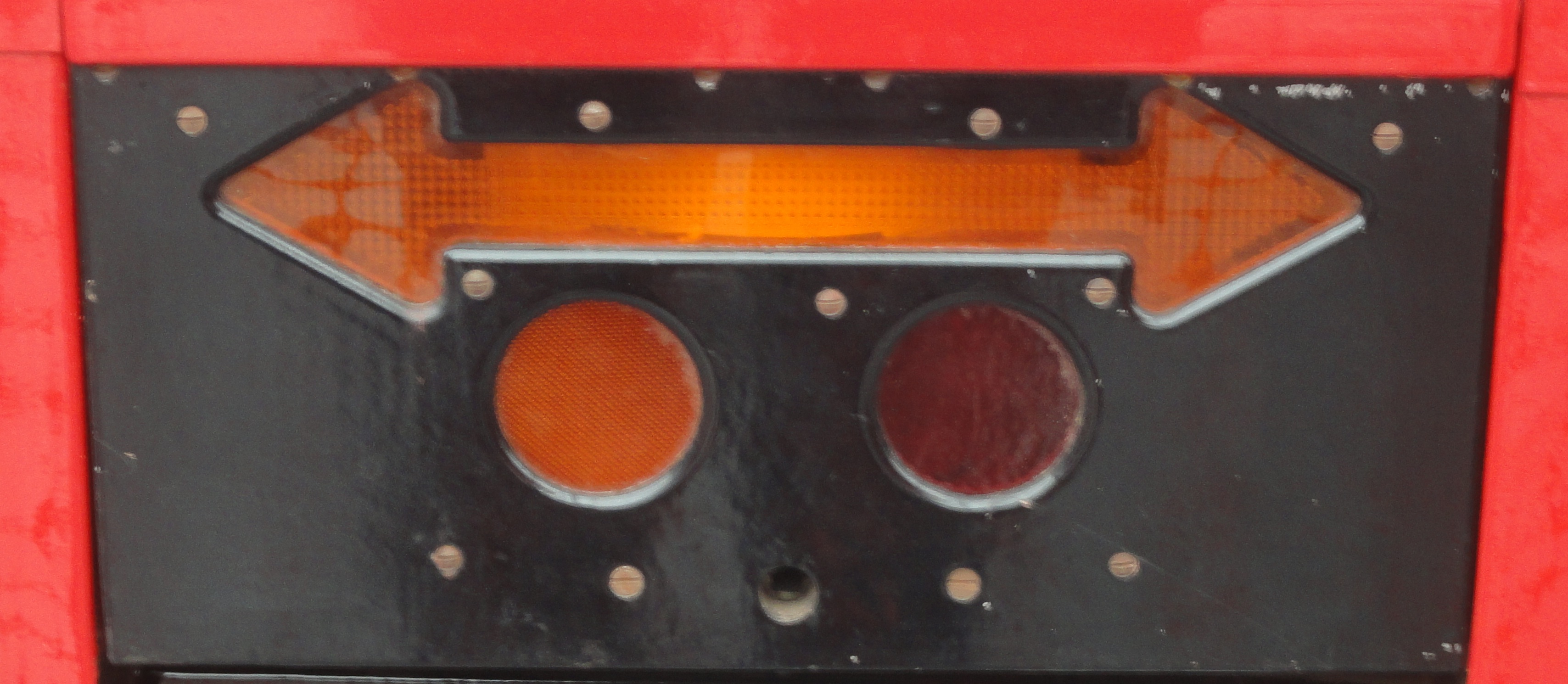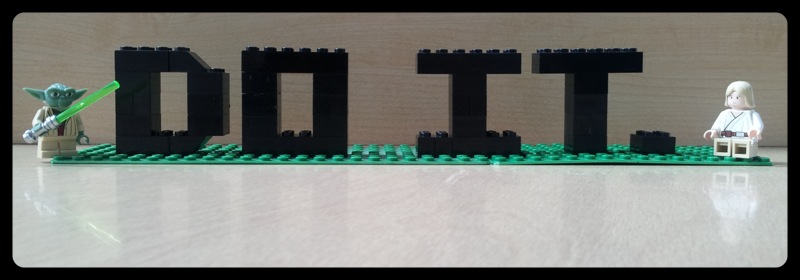Practice being. Practice waiting. Practice watching.
Let them experience the world with you nearby keeping them safe and supported.
which leads to SandraDodd.com/peace/newview
photo by Sandra Dodd


Sometimes teens need a LOT of reassurance. So just keep showing him your confidence in him at the same time that you understand and sympathize with his fears. It is sometimes harder on our unschooled kids at this age than their schooled counterparts because our kids are entering adulthood eyes wide open—they "get it" that they are moving into adult responsibilities, etc., and they are (justifiably) sometimes freaked out by it all. The schooled kids more often don't really grasp what's coming—they're just following orders, going through the expected motions. Our unschooled kids are thinking—and their thoughts can be overwhelming and scary and they can easily feel inadequate to face the future.

SandraDodd.com/teen/angst
photo by Sandra Dodd
of directional signals
on a retired London bus

Part of the integrity of some of the young adult and teen unschoolers I know comes from their having grown up relatively undamaged. They have a wholeness most young people are never allowed to have, or which is destroyed by the realities of school's grading system and its too-glorified "socialization."

My then-six-year-old once, when we were chatting to a priest friend over coffee, gave a quote from Shakespeare. The priest said he was impressed by our homeschool curriculum and a six year old knowing Shakespeare. I said so was I, since we didn't have a curriculum, and I wondered how my son knew the quote. I asked. "From reading Asterix comics" was his answer!

Until a person stops doing the things that keep unschooling from working,
unschooling can't begin to work.